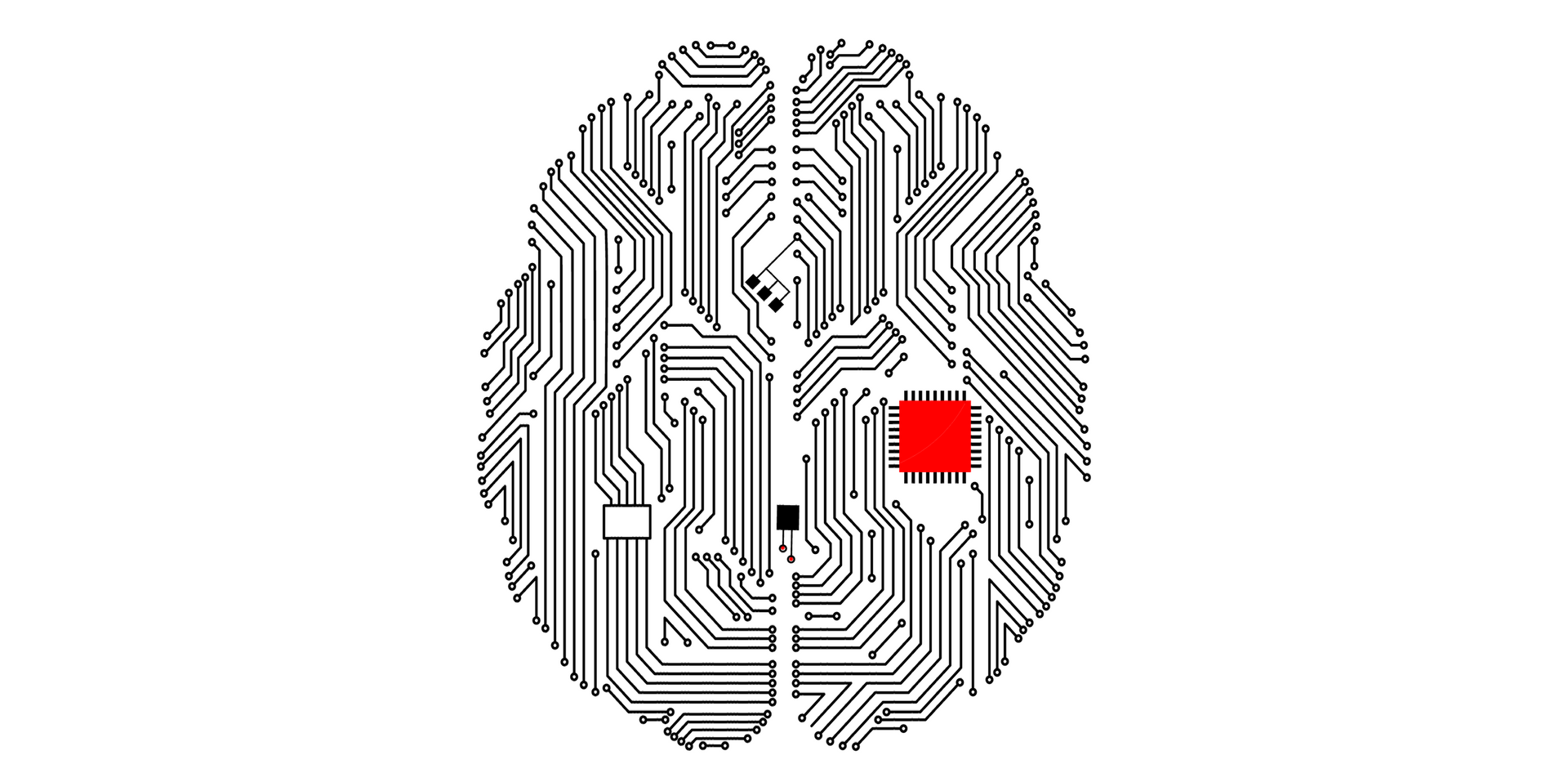The decline of time-based law firms
Lawyers' billed hours constitute the inventory of law firms and the foundation of their profits. Legally trained AI will decimate those hours. What happens then?
Feeling apocalyptic about the impact of legally trained Large Language Models (LLMs) on the future of law firms? No? Allow this excerpt from Corporate Counsel to help you with that.
"There’s reason to believe a boatload of tasks could be replaced by AI—about 44% of legal tasks within the U.S., according to Goldman Sachs’ report on generative AI. If that comes to pass, “the next thing that happens is GCs saying we’re not paying $900 an hour for associates to do something a machine can do for 2% of the cost,” Cemenska said. “If 44% of the work goes away, about 85-90% of junior associate work goes away and a significant portion of senior associate and non-equity partner work is going to be partially eroded.”
Now, to be clear, that calamitous estimate is based on a Goldman Sachs “report” that runs all of 20 pages and purports to cover vast swathes of global industry. The only lawyer activities mentioned in that report are: “Review documents and proposed actions for compliance with legal, regulatory, and corporate standards; provide arguments and scenarios for and against compliance in unclear cases.” So I wouldn’t call it the definitive analysis of LLMs in the legal sector.
But the legal tasks enumerated in that report are also only a sample. Equally susceptible to LLM-ification are legal research, legislative and regulatory review, caselaw summary, memo writing, factum drafting, document creation, due diligence, and contract analysis, to name just the most common lawyer activities. ChatGPT4 alone could do a good first pass on most of these, never mind more advanced programs like Co-Counsel, Harvey, Lexis +AI, Jurisage, and many more to come.










